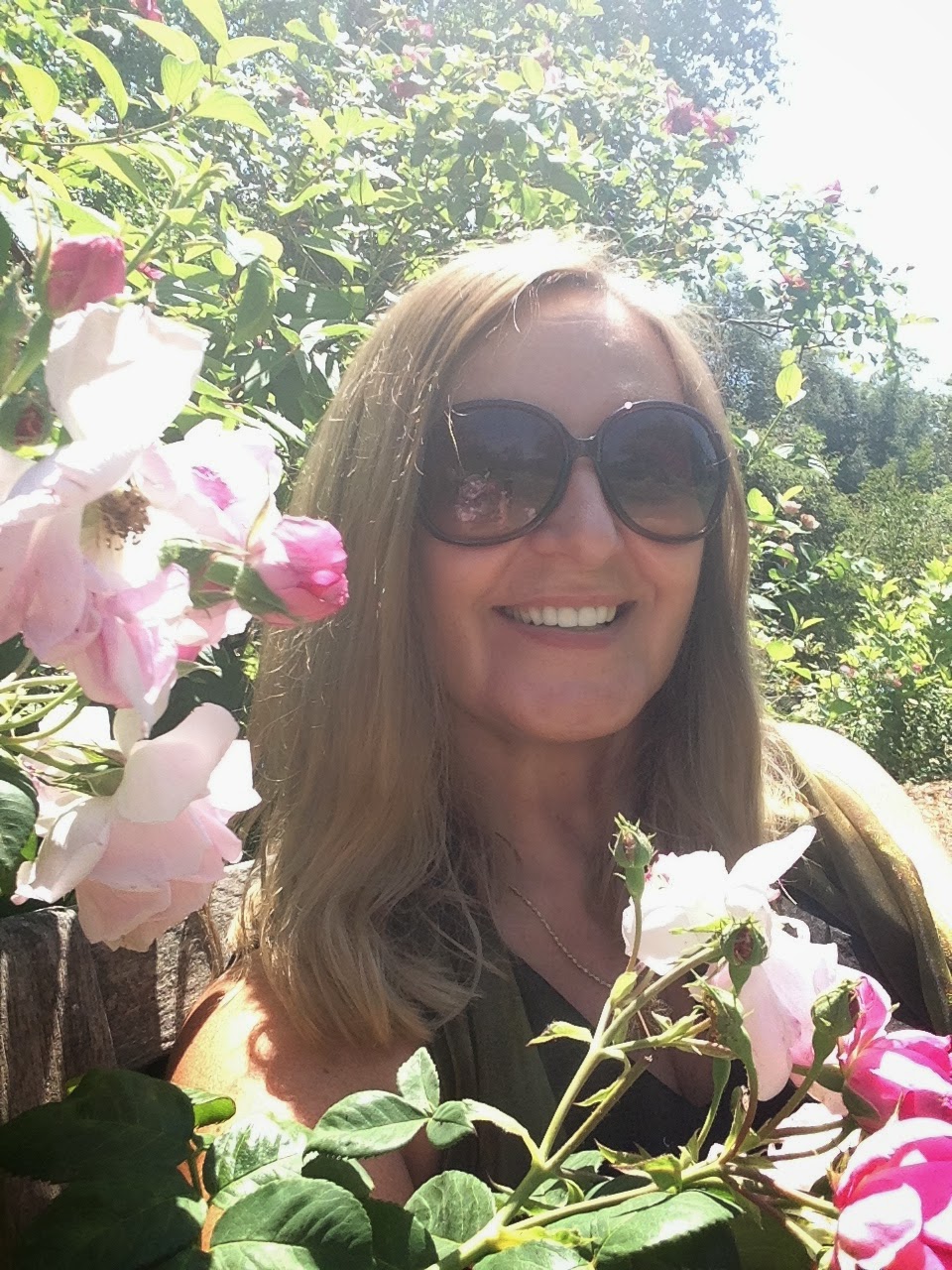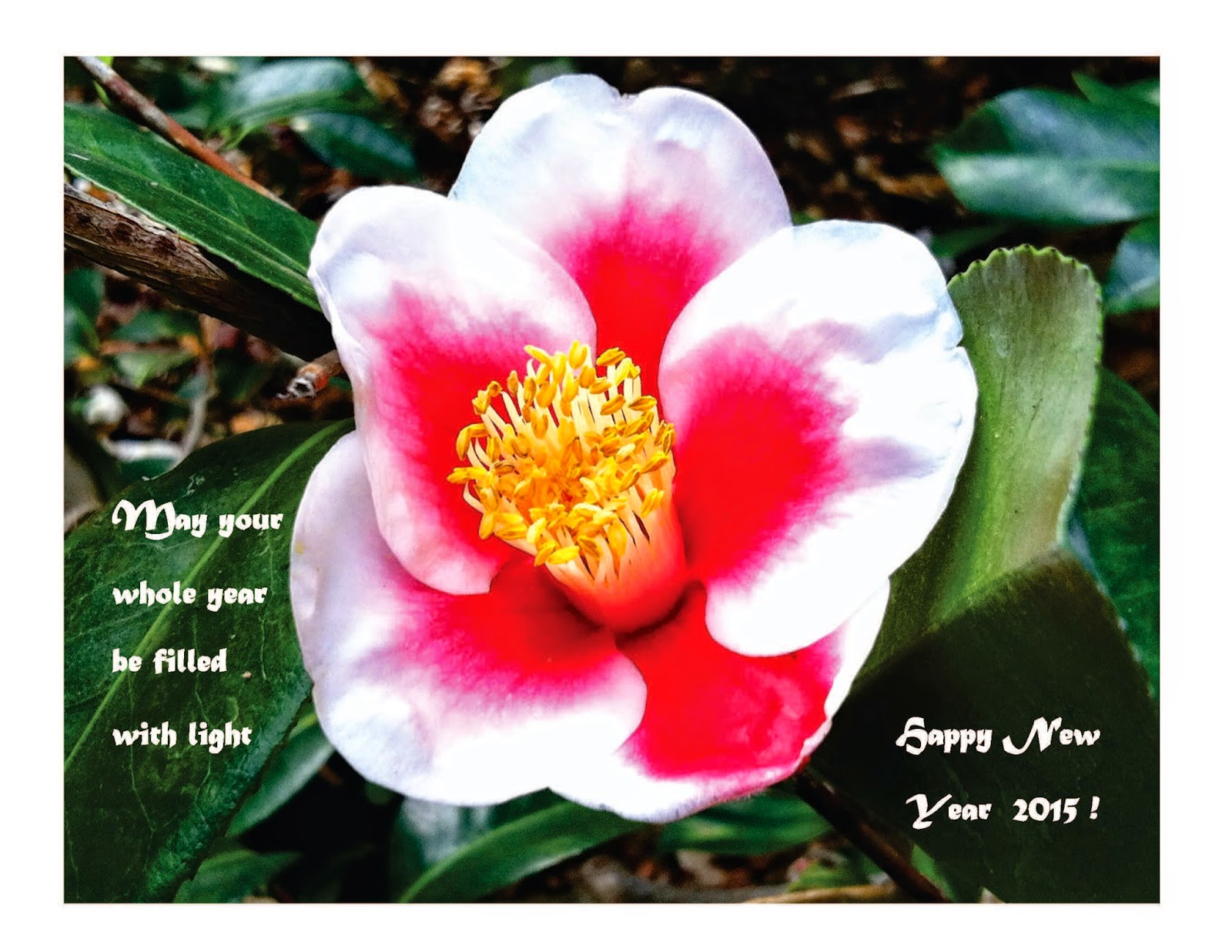What is a heartbreak? Does a heart really break when a loving relationship dies, or someone really dies and leaves us all alone? California poet, Karineh Mahdessian published an anthology of unhappy love poems by women (including one of mine), and followed it by an anthology of unhappy love poems by men, and is now working on the third anthology of poems written by match pairs, a female and a male poet, that have not met before. The results will be available in a new anthology and we will see where all these heartbreaks take us.
If it is only into whining - "poor me, pity me, my baby left me..." - that's not much of a lesson for the rest of us. "So what..." a bystander could shrug and say, bluntly: "get your act together and find a new love, this is not the end of the world...deal with it..." But what if it were? What if that unique loving connection of two lovers, their hearts beating in unison, created a higher-level value in the universe, what if stars and galaxies were born of this love?
The Institute of Heart Math tells us that our hearts have so much neurons around them they actually have their own "brains" that are guarding and guiding our bodies, our whole selves, without conscious involvement of the real brain. The rhythm of the heart influences our thinking.
In pursuit of positive energy of the heart, I wrote many blog entries on love, roses, and St. Valentine's Day - and gathered the links on a separate page: Love and Roses. As a dedicated "love-poetry" writer, I have committed the unforgivable sin, unforgivable, that is, for a professional, academic poet - write about emotion, write about the four-letter word, love... Yet, the proliferation of romance books and country songs tells us something about this "dirty word" that serious academic poets cannot use or reflect about if they want to be taken seriously by other serious academic poems and have their work reviewed in serious academic poetry journals. That is: Love is. Love is a force of life.
No, Love is the force of life. Love is the light of life. Love and Light are intertwined: the more loving you are the more enlightened you become. If you reach true wisdom, you also reach true compassion. It all goes together, intertwined, like the couples of humans melded into angelic creatures of eight limbs floating around in Swedenborg's heaven. The union of opposites, merging compassion into wisdom, love into light.
Before we become any sorts of angels and start floating around in any sort of heaven, there's the earth, the here and now. Here's a multitude of loves to be dealing with: love of mothers, love of fathers, love of children, love of grandparents, romantic love, familial love, compassionate love. Love is the glue that holds society together, from a couple, through family into infinity. We are nothing without love. How then, the all-mighty serious academic poets decided that it is not cool, not appropriate, not done, to be sentimental, to be romantic, to be loving in poetry?
Since Kathabela only used a portion of my poem, I thought it would be nice to reprint the whole here, in anticipation of February, the Month of Love.
Adorable
… is the word for you.
Yes, you’ve heard me right.
Like a kitten? More a baby golden lab,
A cuddly puppy with huge chocolate eyes
Looking at me with wild affection.
Excited, impatiently waiting to be hugged.
Adorable – as in the French perfume
“J’adore” – but not the flowery kind,
Rather the musky spice
Of your naked body.
Gentle, shy, hopeful, fit, boisterous,
Persistent, singing carols out of tune,
Persistent, singing carols out of tune,
With muscles flexing under
The smooth skin. Ready for the home run.
The smooth skin. Ready for the home run.
Nice, not naughty, but nice
Through and through.
How do I know? The word appeared
While I was driving down the Five
At night, dozing off, stopping for naps,
Moving on in a blur of hours, miles,
Hills, exit signs and darkness.
I was rushing to be home
When you called. This word floated up
Through the fog of exhaustion
In the lunar landscape of bare hills
Near Avenal State Prison,
The strange topology of your dreams.
Sensuous, sweet, exotic,
Defiant, witty, bewildering,
Defiant, witty, bewildering,
Alive, soo alive –
Yes, you’ve heard me right.
I've got just one word for you,
For the whole you –
Adorable
© 2015 by Maja Trochimczyk (January 2015)
The Tanka Poets on Site had earlier this month a chance to respond to Kathabela's prompt on "romantic relationships, coupling" - with a beautiful artwork by Susan Dobay. I wrote another sweet little trifle based on the image of loving bliss that Susan so masterfully captured.
In the meadow
sparkling with topaz,
sapphires and opals
your kiss
gives me wings




_opt.jpg)



.jpg)

.JPG)
.JPG)









_opt.jpg)
.JPG)
.JPG)
.JPG)













